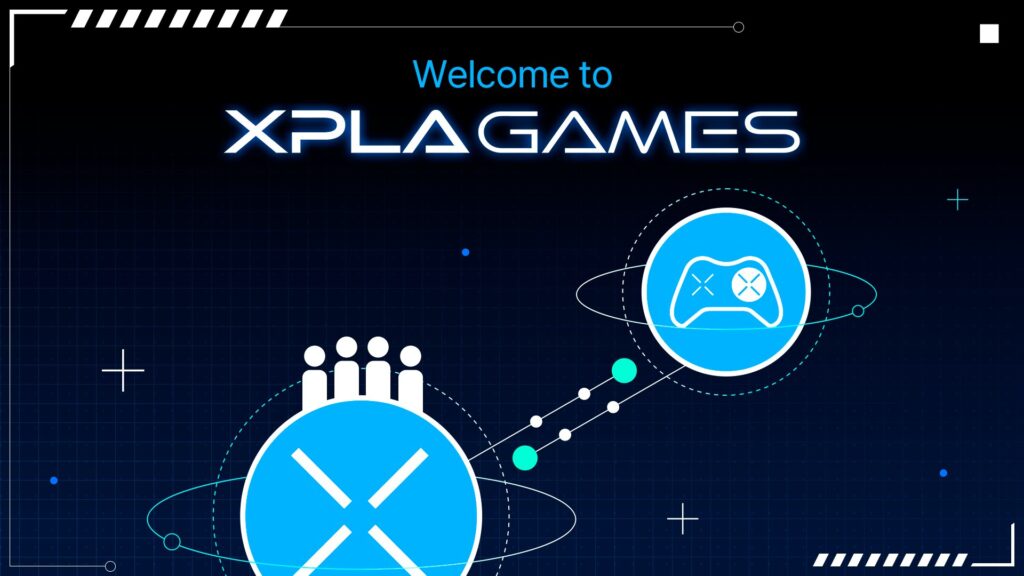-
Ubisoft has officially partnered with the XPLA network as a node validator.
-
This collaboration is part of Ubisoft’s broader strategy to explore and integrate blockchain technologies, including NFTs, into the gaming industry.
-
Ubisoft’s involvement in blockchain validation and governance showcases the potential for traditional video game developers to leverage decentralized technologies.
Ubisoft, renowned for creating iconic video games like Assassin’s Creed and Just Dance, has embarked on a groundbreaking partnership with the XPLA network, becoming a node validator in a move that signals its deepening commitment to blockchain technology. This collaboration is aimed at leveraging its gaming industry prowess to secure and validate network transactions, promising a fusion of gaming and blockchain that could redefine crypto gaming.
Ubisoft and XPLA: Pioneering a New Era in Gaming
This partnership, highlighted on XPLA’s Medium page, showcases its dedication to innovation through its Strategic Innovation Lab, emphasizing its role in shaping the future of gaming. By aligning with XPLA, Ubisoft not only enhances the network’s performance and security but also contributes to governance decisions, indicating a long-term commitment to the blockchain space.
The company’s foray into the XPLA ecosystem as a blockchain validator marks a significant milestone in the convergence of the gaming industry and blockchain technology. Ubisoft’s expertise is expected to positively influence crypto market capitalization through synergies.
Also, Read End of an Era: GameStop NFT Marketplace Closes Amidst Regulatory Headwinds.
The collaboration could enrich the XPLA ecosystem, known for hosting popular crypto games like Summoners War and The Walking Dead, by bringing in enhanced performance, security, and transparency.
This move is part of its broader strategy to explore blockchain games and non-fungible tokens (NFTs), with the company already making waves in the crypto gaming sphere through strategic investments and partnerships. The partnership with XPLA represents a crucial move in establishing a web3 ecosystem that is transparent, trustworthy, and universally appealing to players.
Ubisoft’s Blockchain Journey: A Catalyst for Regulatory Guidelines
The company’s active participation as a validator on multiple networks, including Tezos and Hedera, underscores its ambition to lead in the blending of gaming with blockchain technology. This involvement raises important considerations for cryptocurrency regulations and highlights the need for clear regulatory guidelines to navigate the emerging challenges of crypto gaming.
As it continues to pioneer NFT integration within major video game titles and expand its blockchain endeavours, its actions could prompt a reevaluation of existing regulatory frameworks.
The gaming giant’s blockchain journey not only enriches the gaming experience for players through digital ownership but also sets a precedent for how video game developers can responsibly engage with blockchain technology.

Its strategic integration into the blockchain sphere, particularly through its partnership with the XPLA network, represents a pioneering move that could redefine the standards of crypto gaming and digital ownership.
It not only emphasizes its commitment to leveraging cutting-edge technology to enhance gaming experiences by acting as a node validator but also highlights the potential for blockchain to secure and streamline in-game transactions and data validation.
This collaboration opens up new avenues for exploring how traditional video game developers can harness the power of blockchain to innovate within the gaming industry. It’s a step that underscores the growing influence of crypto market capitalization on mainstream industries, particularly entertainment and gaming.
Also, Read Google Play Store to allow NFT games, and ban NFTs promoting gambling.
It ventures into blockchain validation with XPLA and is poised to set a precedent for how gaming companies can engage with decentralized technologies to offer players more control over their digital assets and create a more immersive gaming environment.
Furthermore, its active role in blockchain governance and proposal decisions through partnerships like these illustrates a broader trend of gaming industry leaders taking significant steps towards integrating blockchain technology. This move not only enhances the gaming experience but also contributes to the development of a more secure, transparent, and equitable digital world.
the company’s collaborations to expand its blockchain initiatives are expected to push the boundaries of what’s possible in gaming, ushering in a new era where the lines between gaming, finance, and technology blur. This blockchain journey represents a significant chapter in Ubisoft’s ongoing quest to innovate within the digital space, promising exciting developments for gamers and tech enthusiasts alike.
In conclusion, the partnership with XPLA and its role as a node validator represent a significant advancement in bridging the gap between the gaming industry and blockchain technology. As the company continues to explore the possibilities within crypto gaming, its involvement could herald a new era of innovation and growth in both sectors.
The collaboration underscores the importance of evolving cryptocurrency regulations and the need for a supportive regulatory environment that fosters the growth of blockchain-based gaming innovations. The company’s pioneering efforts in integrating blockchain technology into mainstream gaming could serve as a model for others in the industry, promising a future where gaming and blockchain converge to offer enhanced experiences to users worldwide.
